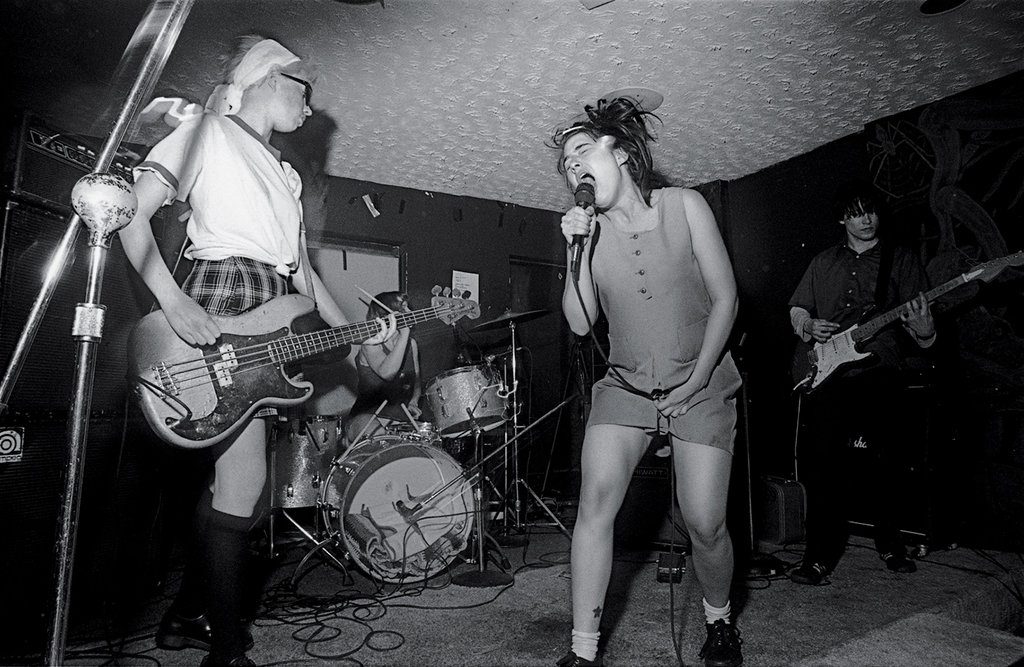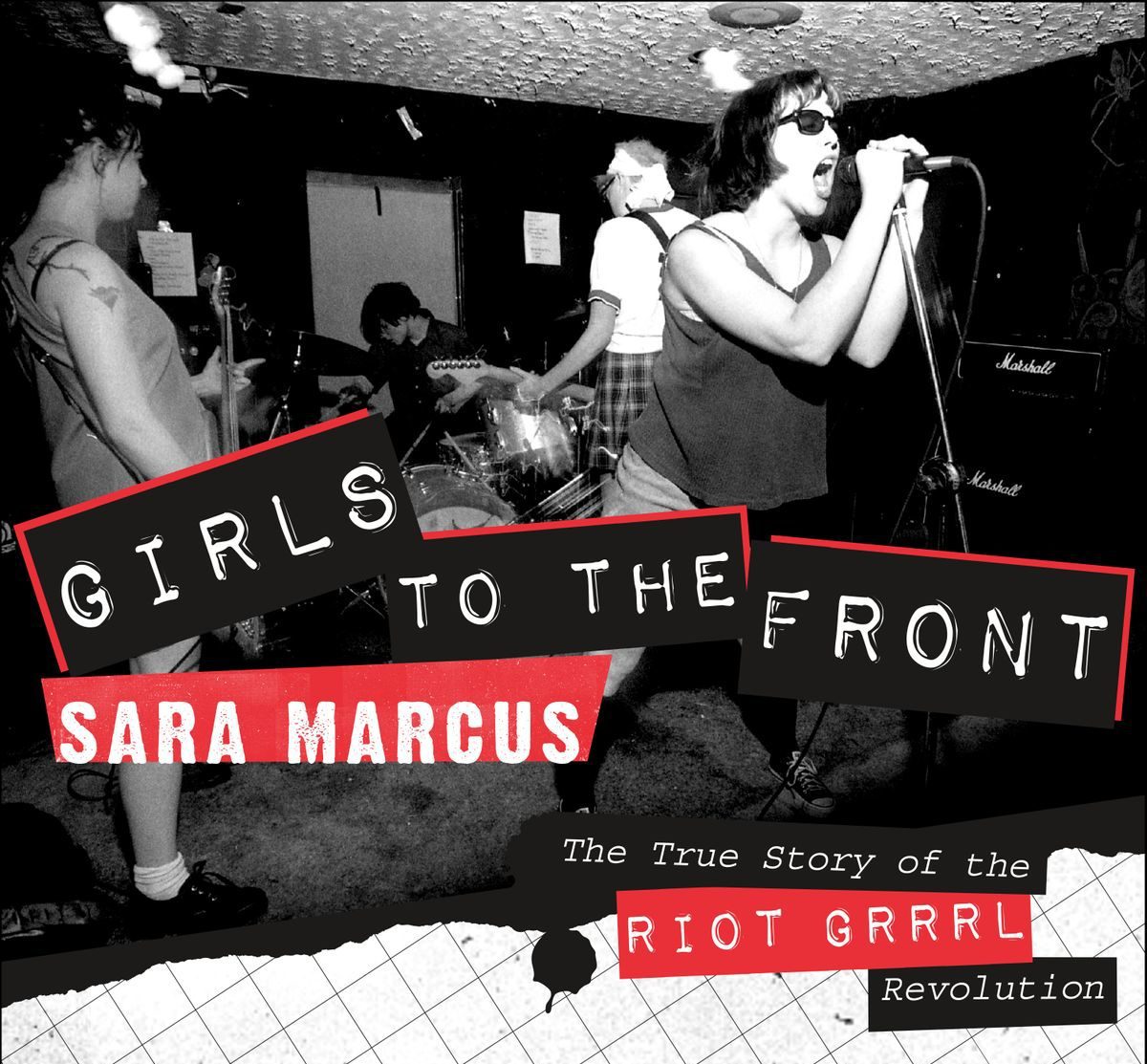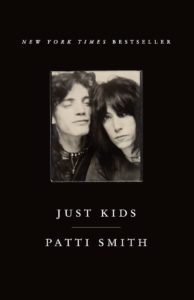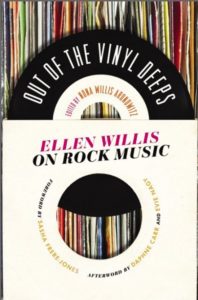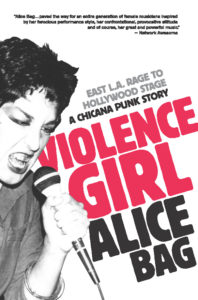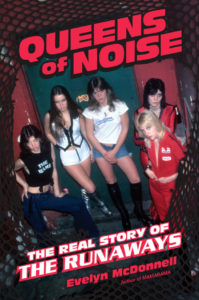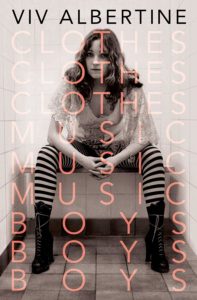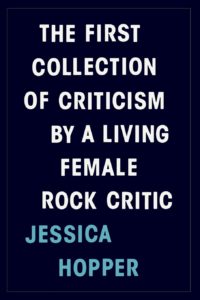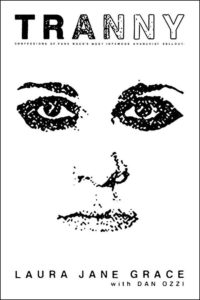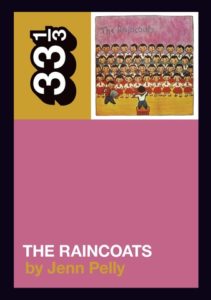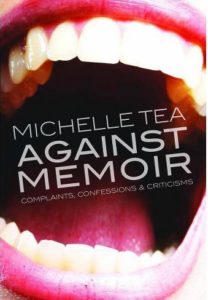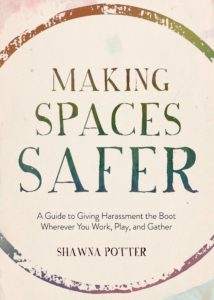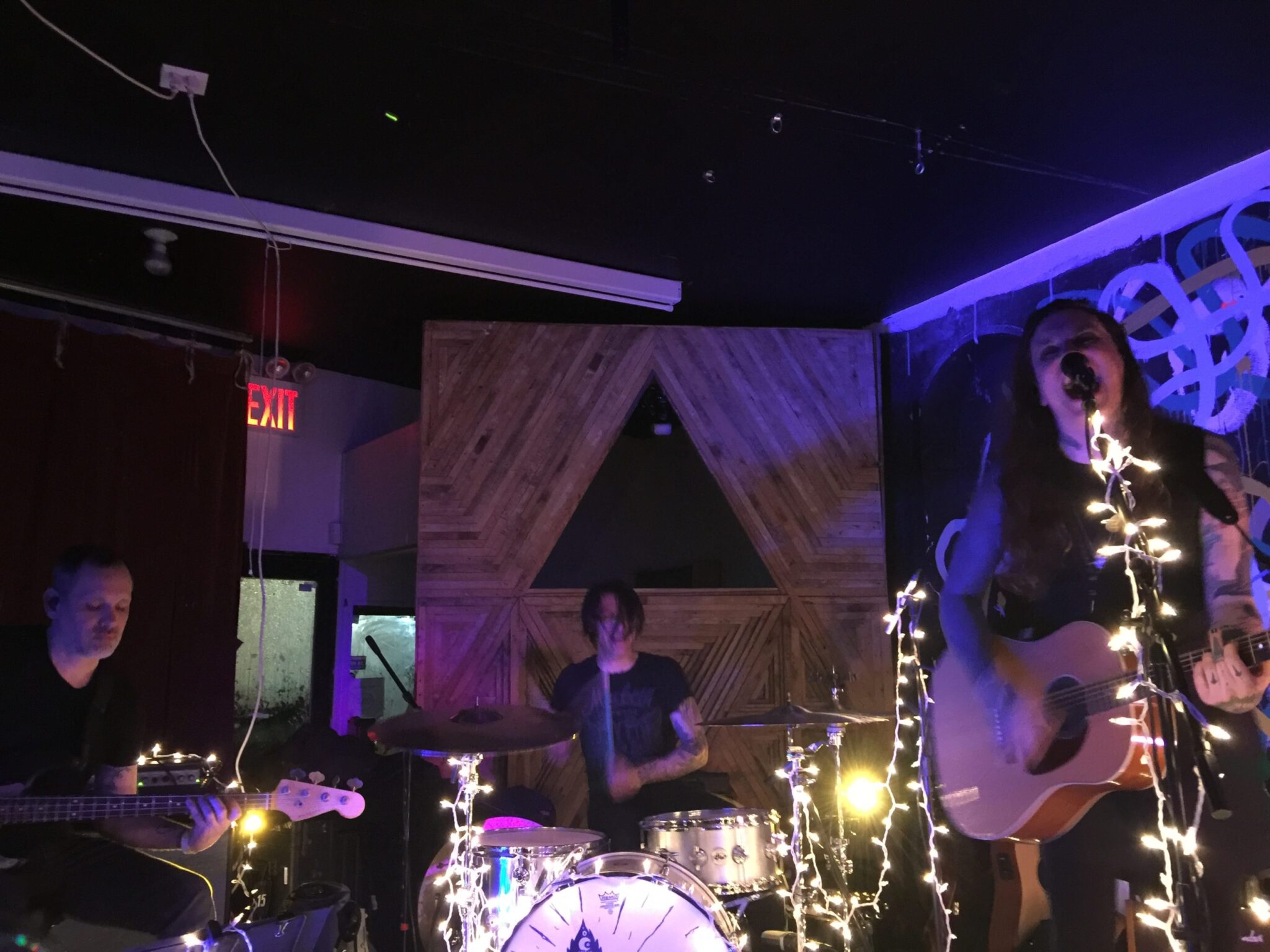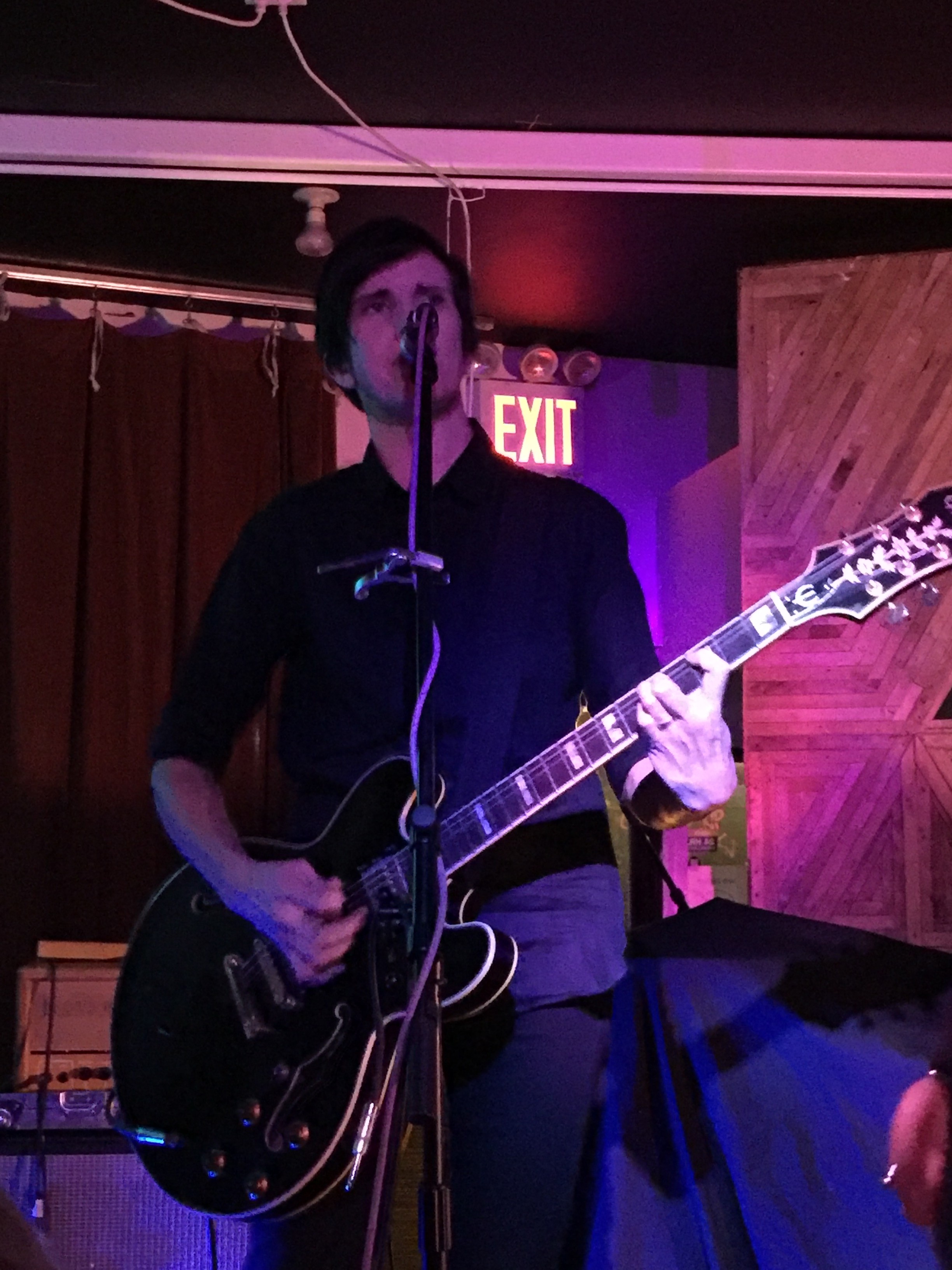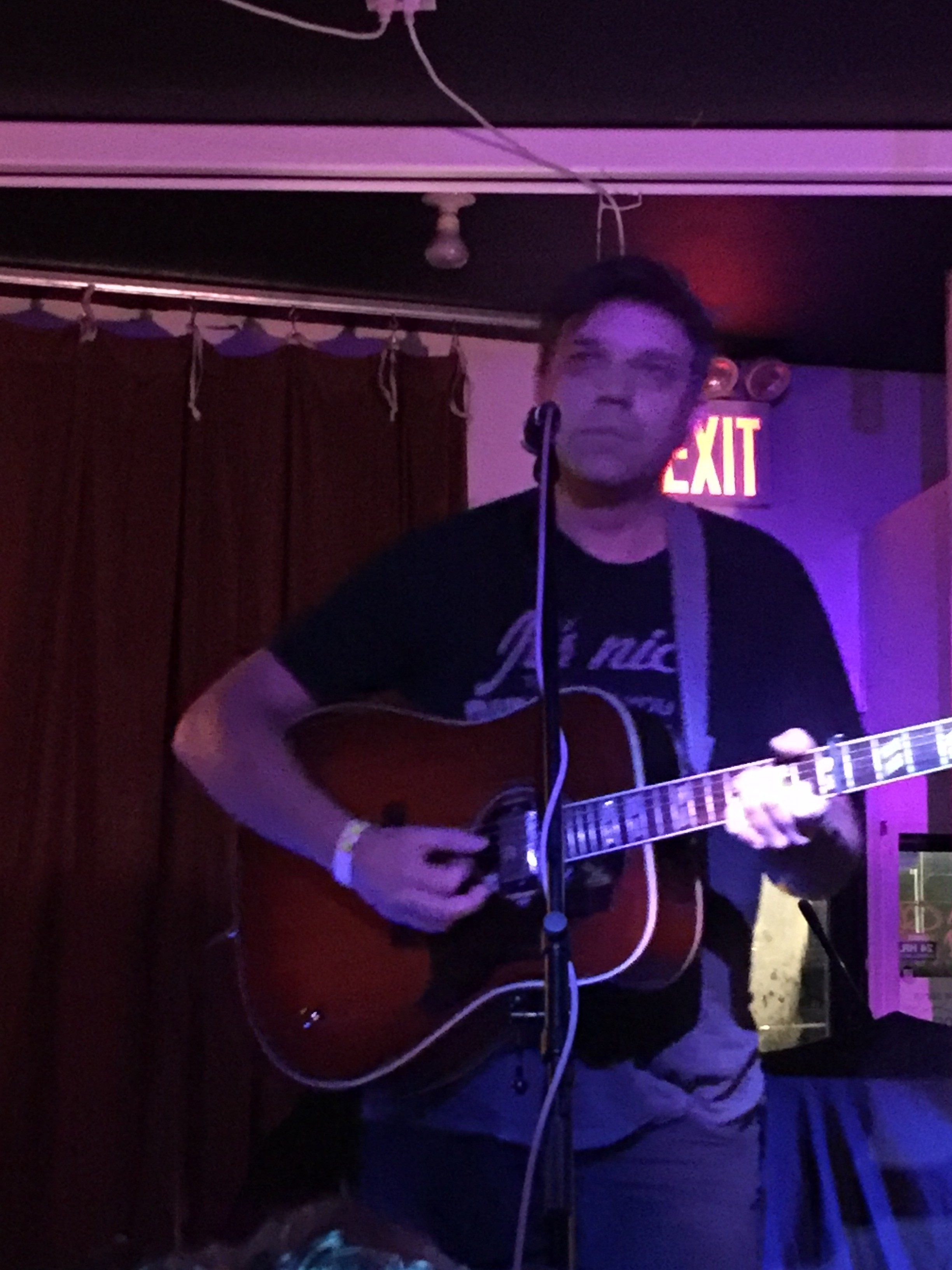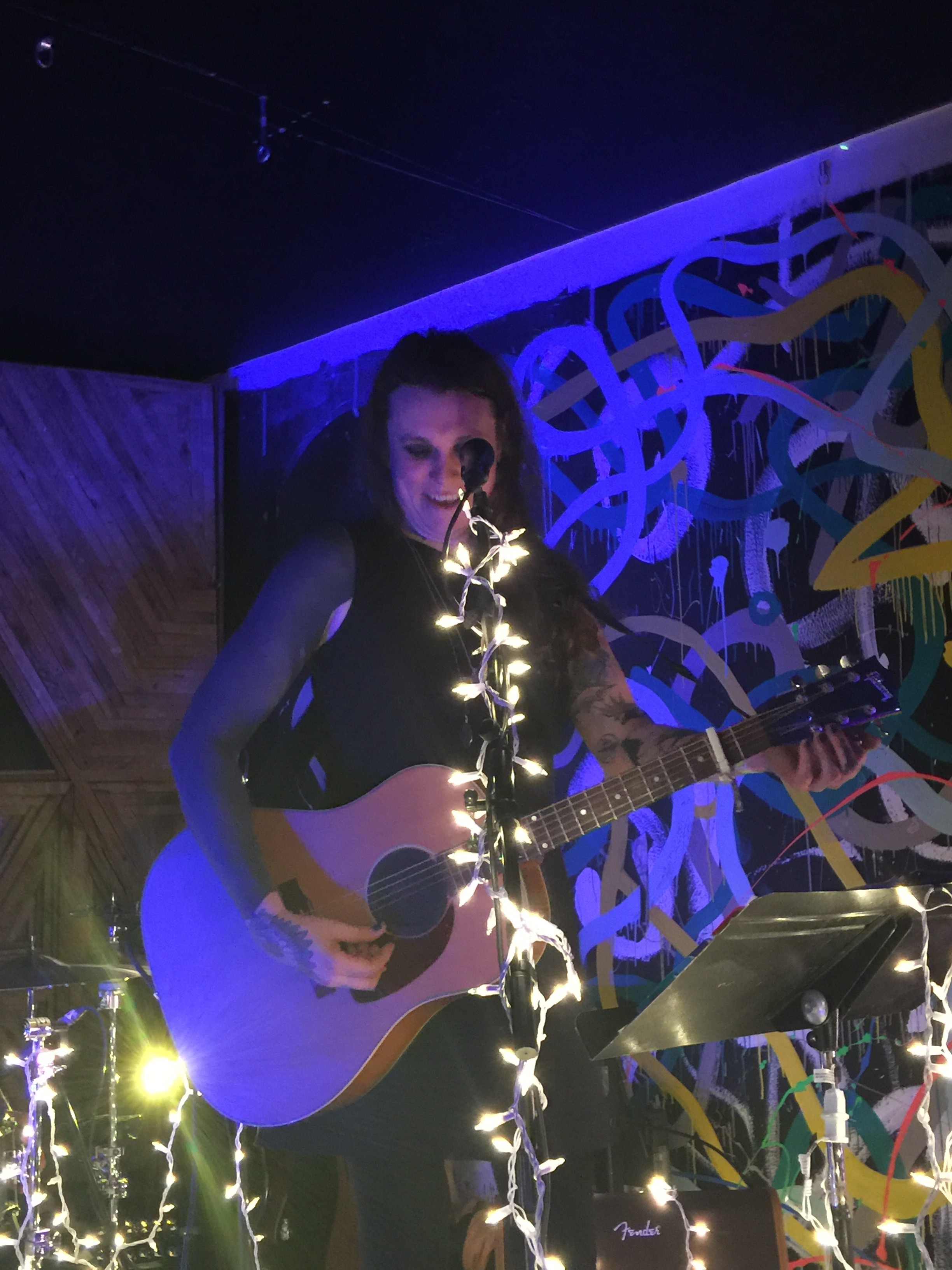RSVP HERE: Automatic stream via Bandcamp + MORE


Automatic are an LA post-punk three piece composed of Izzy Glaudini on synths/vocals, Lola Dompé on drums/vocals, and Halle Saxon on bass/vocals. Their 2019 debut record Signal sounds like Suicide and Broadcast formed a supergroup to play at the end of a David Lynch film.
I spent a month in LA last February and my only regret is not catching their minimal synth soaked vibes live. Luckily they’re playing a few Bandcamp livestreams – the first being tonight at 7pm ET! – leading up to the release of their remix album out March 26, featuring new versions of Signal tracks from artists like Sudan Archives, Peaking Lights, John Dwyer, and Peanut Butter Wolf. We chatted with Automatic about records they will never get tired of, watching The Parent Trap 500 times, and custom fretless bass magic.
AF: How was the writing and recording process of your debut record?
HS: It was such a blast. We recorded with my boyfriend Joo-Joo Ashworth at Studio 22 and it was just so fun that we’re doing it again for album #2.
IG: It’s interesting to write so collaboratively because ideas evolve quickly and change as they’re passed between members of the band. You learn to be open to songs evolving. And we’re all pretty close so it’s fun.
LD: Recording is my favorite part of the whole process because you get to really hear your song for the first time and add all the fun details. Writing with Halle and Izzy is amazing. We’ve always made an effort to create a safe and fun space for writing. I think we work really well together, and songwriting pretty much happens very naturally.
AF: How did your upcoming remix album come together?
IG: Peanut Butter Wolf, who runs [our] label [Stones Throw], suggested it as something to release during these unholy Corona Times. We contacted artists we knew and loved and had them rework the songs however they wanted. Remixes are fun because other people do all the work.
AF: What are your favorite pieces of gear?
HS: My favorite piece of gear is my old Egmond bass that someone manually ripped the frets out of. I don’t play it anymore cuz I changed its magic strings and now it sounds terrible. But it’s a relic that I’ll keep forever and has nothing but also everything to do with my current bass sound.
IG: Maracas, the Holy Grail reverb, and my Moog Sub25 synth.
LD: I just superglued a Roland trigger to my kick drum and I love it! You can make it trigger any sound you like.
AF: What non-musical things inspire you?
IG: My boyfriend has a cat named Pepe, and he’s got such a lust for life. Prowling animals in general.
LD: Fashion, movies and nature.
AF: What movies would you watch over and over again?
HS: Izzy and I both watch the LOTR trilogy on a regular basis.
IG: The sweet inner child in me likes LOTR and anything with magic. The dark demon inside wants to watch American Psycho or Repulsion.
LD: I watched The Parent Trap probably 500 times from age 9 to 11. These days I like to watch a movie once… unless it’s Love Actually around Christmas time.
AF: What’s a record that you’ll never get sick of?
HS: I’ll never get sick of Neu! or Suicide self-titled albums.
IG: David Bowie’s LOW.
LG: David Bowie’s The Rise and Fall of Ziggy Stardust.
AF: What are your favorite bands to play with and/or see live?
HS: I think we all agree: Bauhaus. But I also loved watching Black Marble every night, one of my favorite bands.
IG: Yeah! Also, hmm. John Dwyer is always a maniac. He practices in the room across from us at our rehearsal space so we get to hear free Oh Sees shows.
LD: Oh Sees are always fun, and I definitely never thought I would get to open for Bauhaus! I got to play with my friend’s band, Body Double, and I was super impressed by their music and show.
AF: What was your last show before COVID?
HS: Opening for Shopping at 1720 in Los Angeles! We had just circled back to LA and were about to pass it again when shit hit the fan. So we were extremely lucky in that scenario! I know a lot of people that were caught in terrible tour situations that day that basically everything shut down.
AF: What’s the most important thing you’ve learned in the past year?
HS: That capitalism is killing the earth and humans (duh, but I didn’t really get it before).
IG: I second that. I got pretty heavy into social/political theory. Chomsky, Marx, Foucault, Zizek. On a ‘chiller’ level, I got into yoga and meditation.
LD: Staying open and curious and learning to love myself more.
AF: What are your hopes for the next year? Next 5 years?
HS: That everyone stops using Amazon.
LD: That people respect the earth and each other way more, so that humans, nature and animals can get their basic needs met.
IG: Yeah it would be great if humanity stopped cannibalizing itself. But I’m down to make the soundtrack to whatever unfolds.
RSVP HERE for Automatic via Bandcamp on 2/12 at 7pm ET.
More great livestreams this week…
2/12 Teeburr, Kola Champagne, Survivor Guilt (DJ Set) via Elsewhere TV. 6pm Et, RSVP HERE
2/12 Hyphenate with No Age’s Randy Randall, DJ sets by Action Bronson, Japanese Breakfast, Laura Jane Grace & more via Vans Channel 66 “On The Air.” 11am ET RSVP HERE
2/13 Proper, Eli¡ via BABY.tv. 6pm ET, $5, RSVP HERE
2/13 Mogwai via their website. 3pm ET, £15.00, RSVP HERE
2/13 Yeek, Jay Som, Ginger Root, Sosupersam via YouTube (88rising Lunar New Year). 9pm ET, RSVP HERE
2/14 Smashing Pumpkins, AWOLNATION, Portugal. The Man, Twin Peaks & more via JBTV Revolution Television Virtual Music Festival. 3pm ET, RSVP HERE
2/15 Shelter Dogs via FLTV. 8pm ET, RSVP HERE
2/16 Talib Kweli book launch via MURMRR. 7:30pm ET, $33, RSVP HERE
2/18 GZA, Scott Bolton, Sudan Archives, Quintron’s Weather Warlock, Via Imara via Atlas Obscura Rogue Routes. 8pm ET, RSVP HERE

